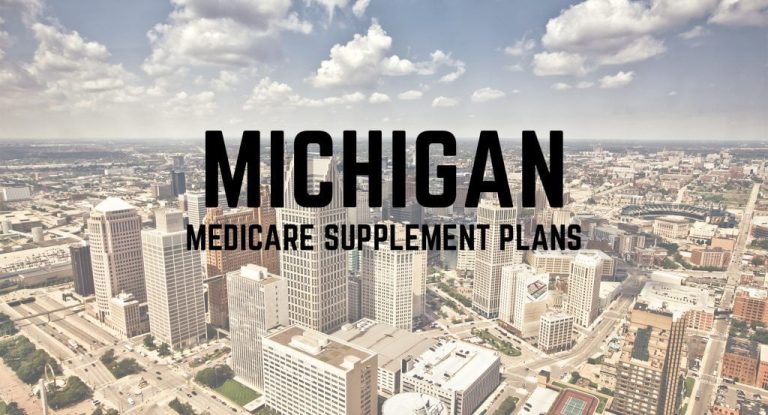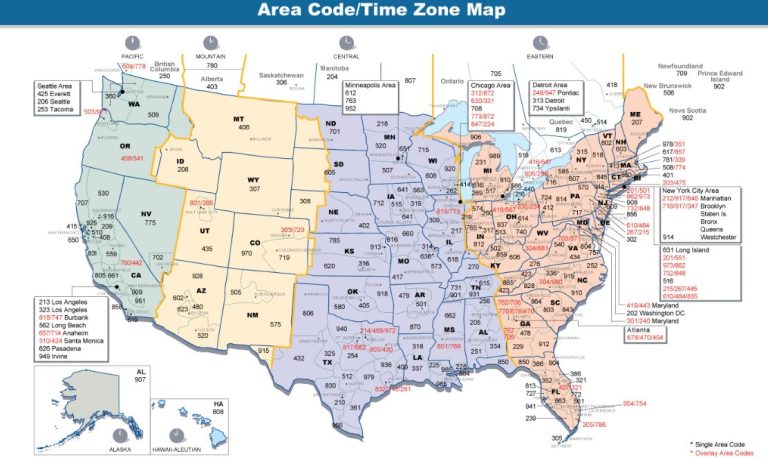Chronic obstructive pulmonary disease (COPD) is a progressive lung disease that makes breathing difficult. It encompasses conditions like emphysema and chronic bronchitis. While there’s no cure for COPD, various medications can help manage symptoms, improve quality of life, and reduce the frequency of exacerbations (flare-ups). For individuals enrolled in Medicare, understanding which COPD medications are covered is crucial for effective and affordable treatment.
Contents
Medicare Coverage for COPD Medications
Medicare offers coverage for a range of COPD medications through its different parts:
- Medicare Part B: This part covers outpatient medical services, including doctor visits, durable medical equipment (like nebulizers), and certain COPD medications administered in a healthcare setting (e.g., intravenous infusions).
- Medicare Part D: This is the prescription drug benefit that covers most COPD medications taken at home. You’ll need to enroll in a standalone Part D plan or a Medicare Advantage plan with prescription drug coverage (MA-PD) to access this benefit.
Types of COPD Medications Covered by Medicare
Medicare covers a variety of COPD medications, which can be broadly classified into the following categories:
Bronchodilators
These medications relax the muscles around the airways, making breathing easier. They are often used as quick-relief medications during flare-ups or as maintenance medications to prevent symptoms. Medicare Part D generally covers the following types of bronchodilators:
- Short-acting beta-agonists (SABAs): These provide rapid relief of symptoms and are typically used as needed. Examples include albuterol and levalbuterol.
- Long-acting beta-agonists (LABAs): These provide longer-lasting relief (up to 12 hours) and are used for maintenance therapy. Examples include formoterol and salmeterol.
- Short-acting muscarinic antagonists (SAMAs): These offer quick relief of symptoms and are typically used as needed. An example is ipratropium bromide.
- Long-acting muscarinic antagonists (LAMAs): These provide longer-lasting relief (up to 24 hours) and are used for maintenance therapy. Examples include tiotropium and umeclidinium.
Inhaled Corticosteroids
These medications reduce inflammation in the airways, helping to prevent flare-ups and improve lung function. They are typically used for maintenance therapy in moderate to severe COPD. Medicare Part D usually covers various inhaled corticosteroids, such as:
- Fluticasone propionate
- Budesonide
- Mometasone furoate
- Beclomethasone dipropionate
- Ciclesonide
Combination Inhalers
These inhalers combine a bronchodilator and an inhaled corticosteroid in a single device, providing both symptom relief and anti-inflammatory effects. They are often used for maintenance therapy in moderate to severe COPD. Medicare Part D typically covers a range of combination inhalers, including:
- Fluticasone/salmeterol
- Budesonide/formoterol
- Mometasone/formoterol
- Fluticasone/vilanterol
- Umeclidinium/vilanterol
Oral Medications
In addition to inhaled medications, Medicare may also cover certain oral medications for COPD, such as:
- Phosphodiesterase-4 inhibitors: These reduce inflammation and relax the airways. An example is roflumilast.
- Theophylline: This medication relaxes the airways and may also have anti-inflammatory effects. It’s generally used as an add-on therapy for individuals who don’t respond well to other medications.
Factors Affecting Medicare Coverage for COPD Medications
While Medicare covers a wide range of COPD medications, several factors can influence the specific coverage you receive:
- Your Medicare plan: Different Part D plans and MA-PD plans have their own formularies (lists of covered drugs), which may vary in the specific COPD medications they include and their associated costs.
- Your medication’s tier: Most Part D plans categorize medications into tiers, with lower tiers generally having lower out-of-pocket costs. The tier your COPD medication falls into will impact your copayment or coinsurance.
- Prior authorization: Some COPD medications may require prior authorization from your plan before they are covered. This means your doctor will need to provide additional information to the plan to justify the medical necessity of the medication.
- Step therapy: Certain Part D plans may require you to try a less expensive COPD medication first before covering a more expensive one. This is known as step therapy.
Tips for Navigating Medicare Coverage for COPD Medications
To ensure you receive the most appropriate and affordable COPD medications under Medicare, consider the following tips:
- Review your plan’s formulary: Carefully review your Part D or MA-PD plan’s formulary to see which COPD medications are covered and their associated costs.
- Talk to your doctor: Discuss your COPD treatment options with your doctor and ask them to help you choose medications that are both effective and covered by your plan.
- Consider generic alternatives: Generic medications are often less expensive than brand-name drugs and may offer similar benefits. Ask your doctor if a generic alternative is available for your COPD medication.
- Explore cost-saving programs: Several programs can help reduce the cost of COPD medications, such as manufacturer discount programs, patient assistance programs, and state pharmaceutical assistance programs.
- Appeal denied coverage: If your plan denies coverage for a COPD medication your doctor prescribes, you have the right to appeal the decision. Contact your plan to learn more about the appeals process.
Additional Resources
For more information about Medicare coverage for COPD medications, you can consult the following resources:
- Medicare.gov: The official website for Medicare provides detailed information about coverage, plans, and benefits.
- Your State Health Insurance Assistance Program (SHIP): SHIPs offer free, unbiased counseling and assistance to Medicare beneficiaries.
- Your plan’s customer service: Contact your Part D or MA-PD plan’s customer service department for specific questions about your coverage.
Conclusion
Medicare offers valuable coverage for a range of COPD medications, helping individuals manage their condition and improve their quality of life. By understanding your coverage, working closely with your doctor, and exploring cost-saving options, you can ensure you receive the most effective and affordable treatment for your COPD. Remember, proactive management and adherence to your medication regimen are key to successfully living with COPD.
Read More: Protection and Indemnity (P&I) Insurance Coverage: Navigating the Complex Seas of Maritime Liability






